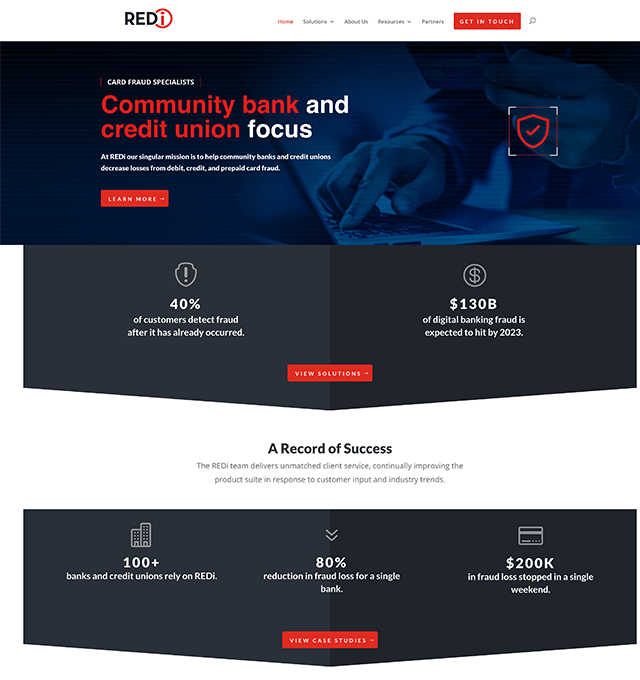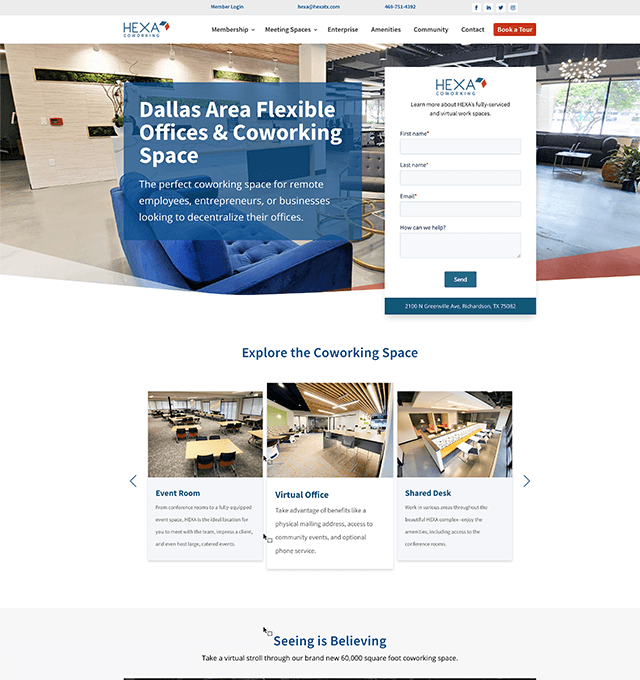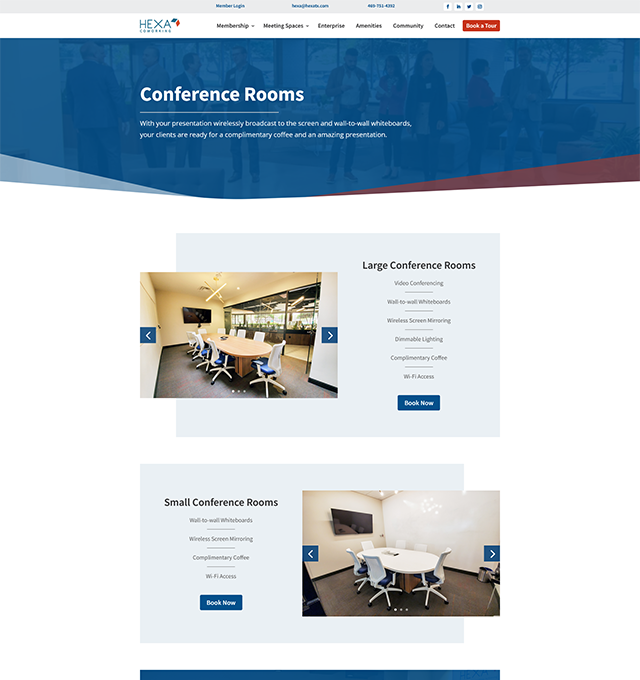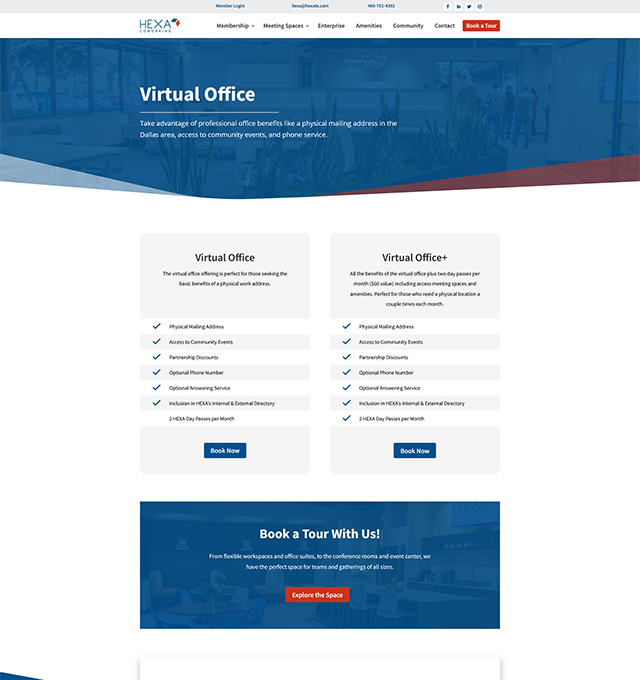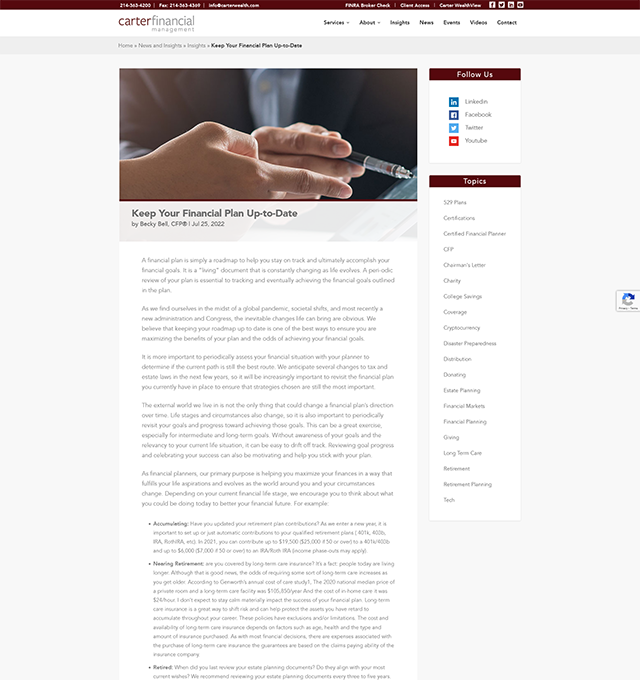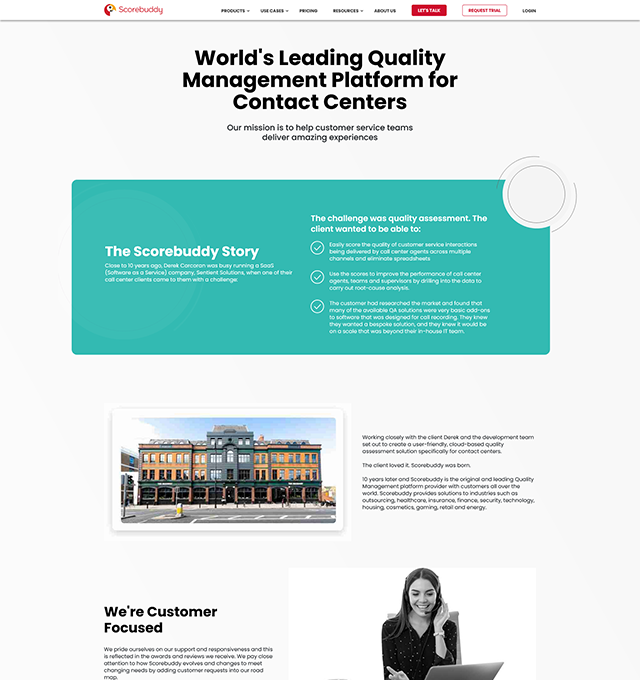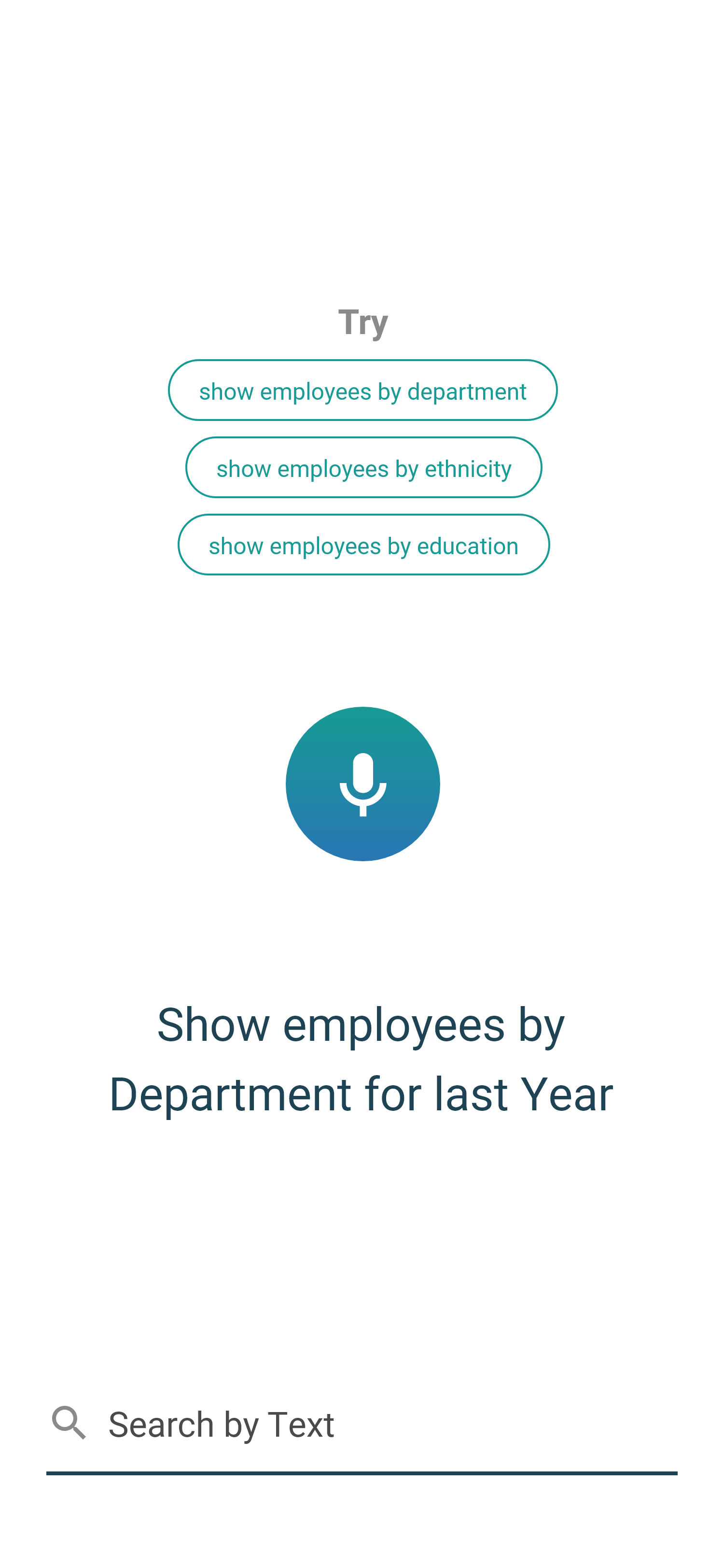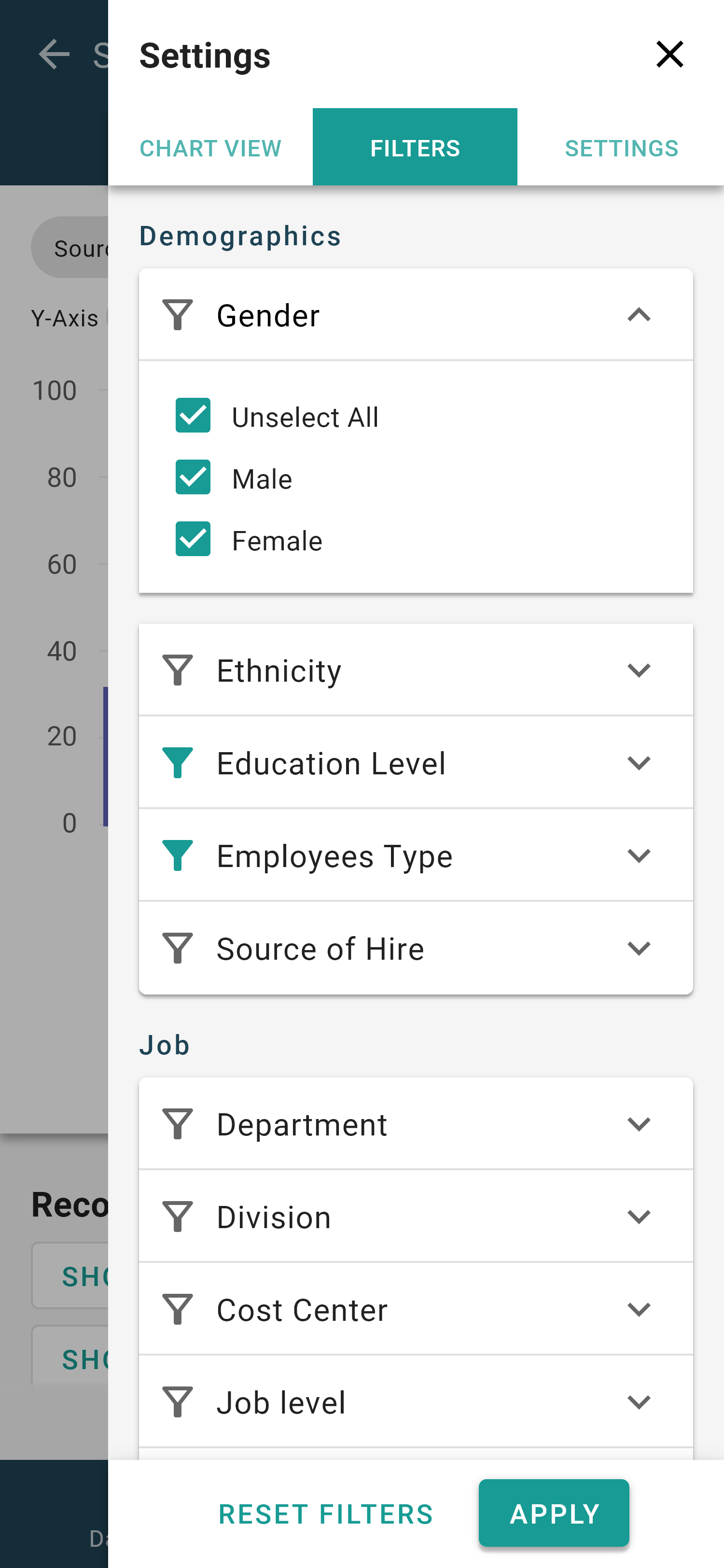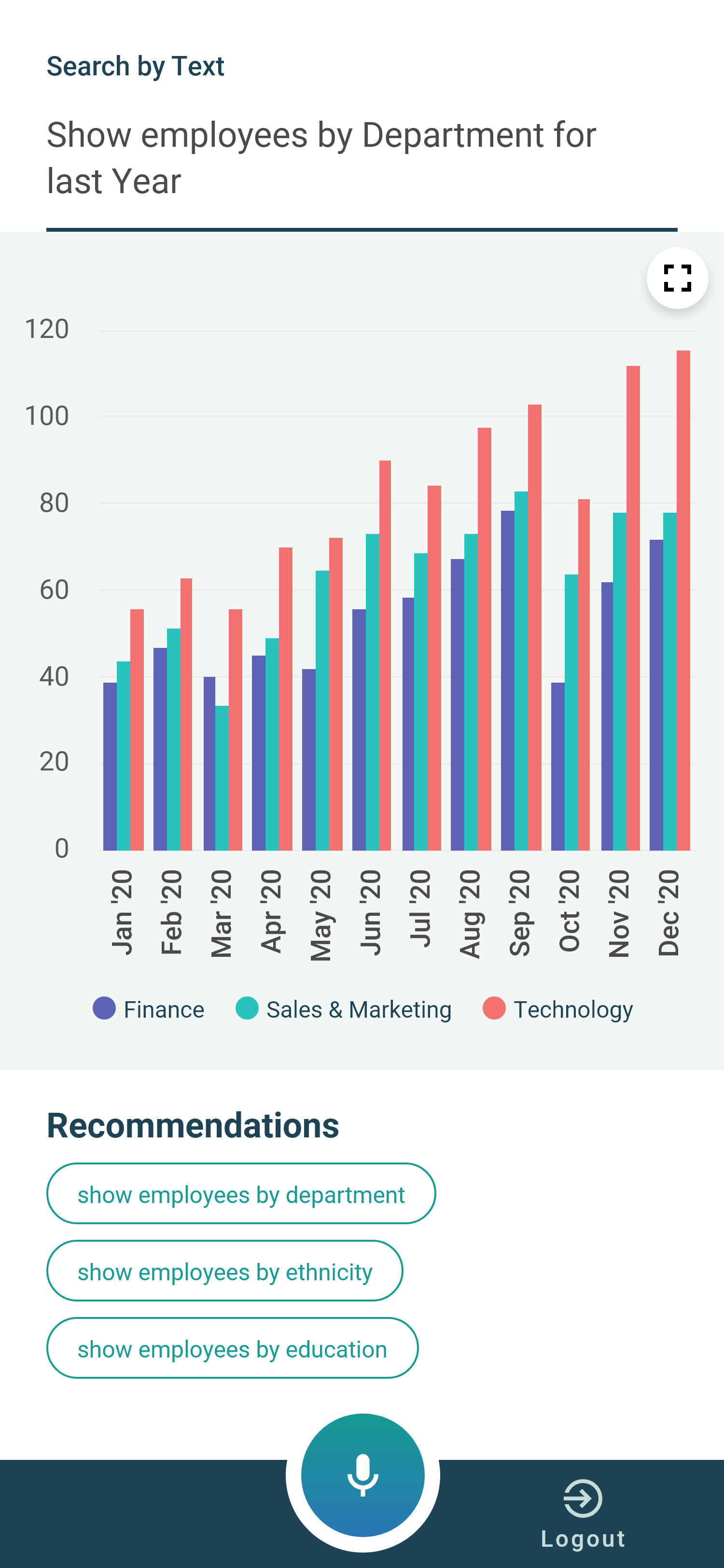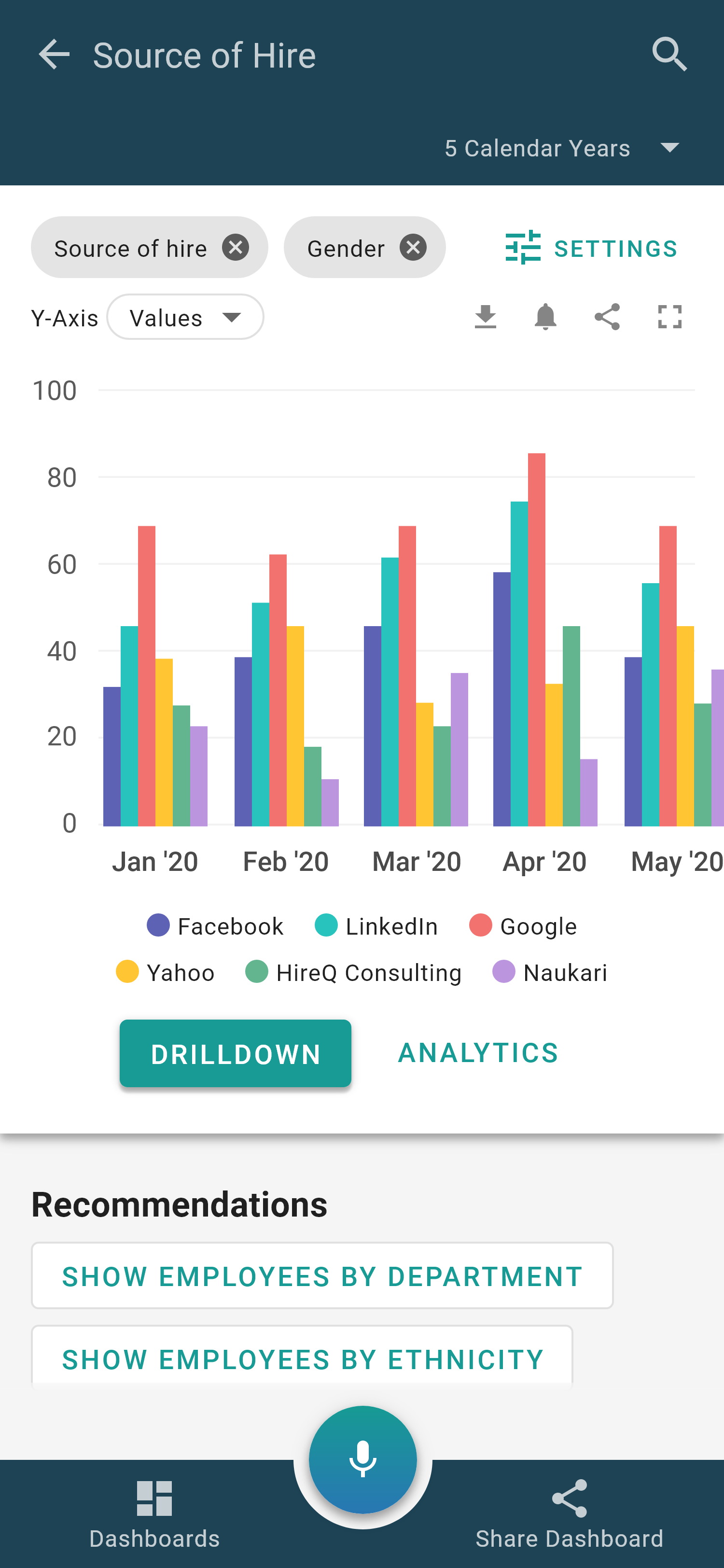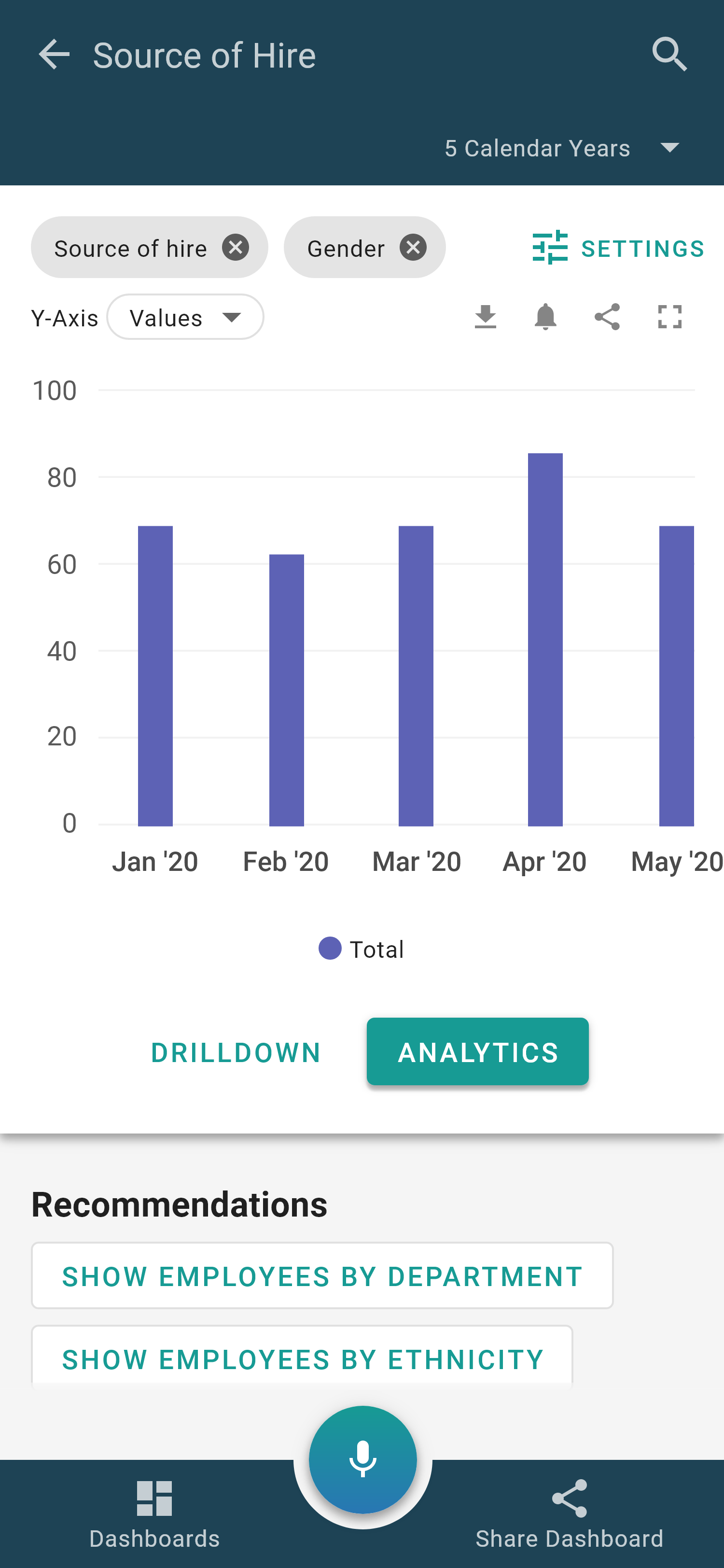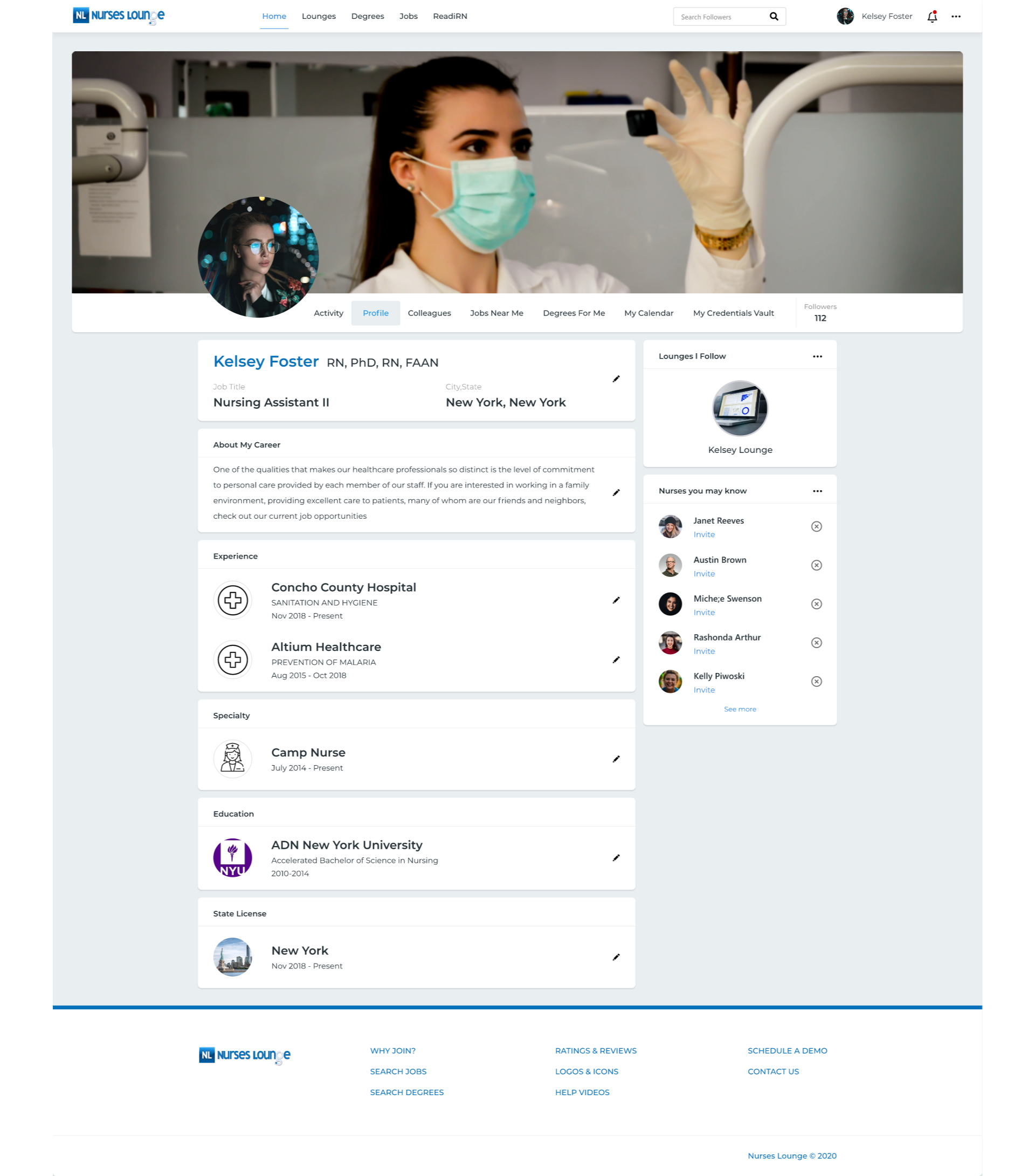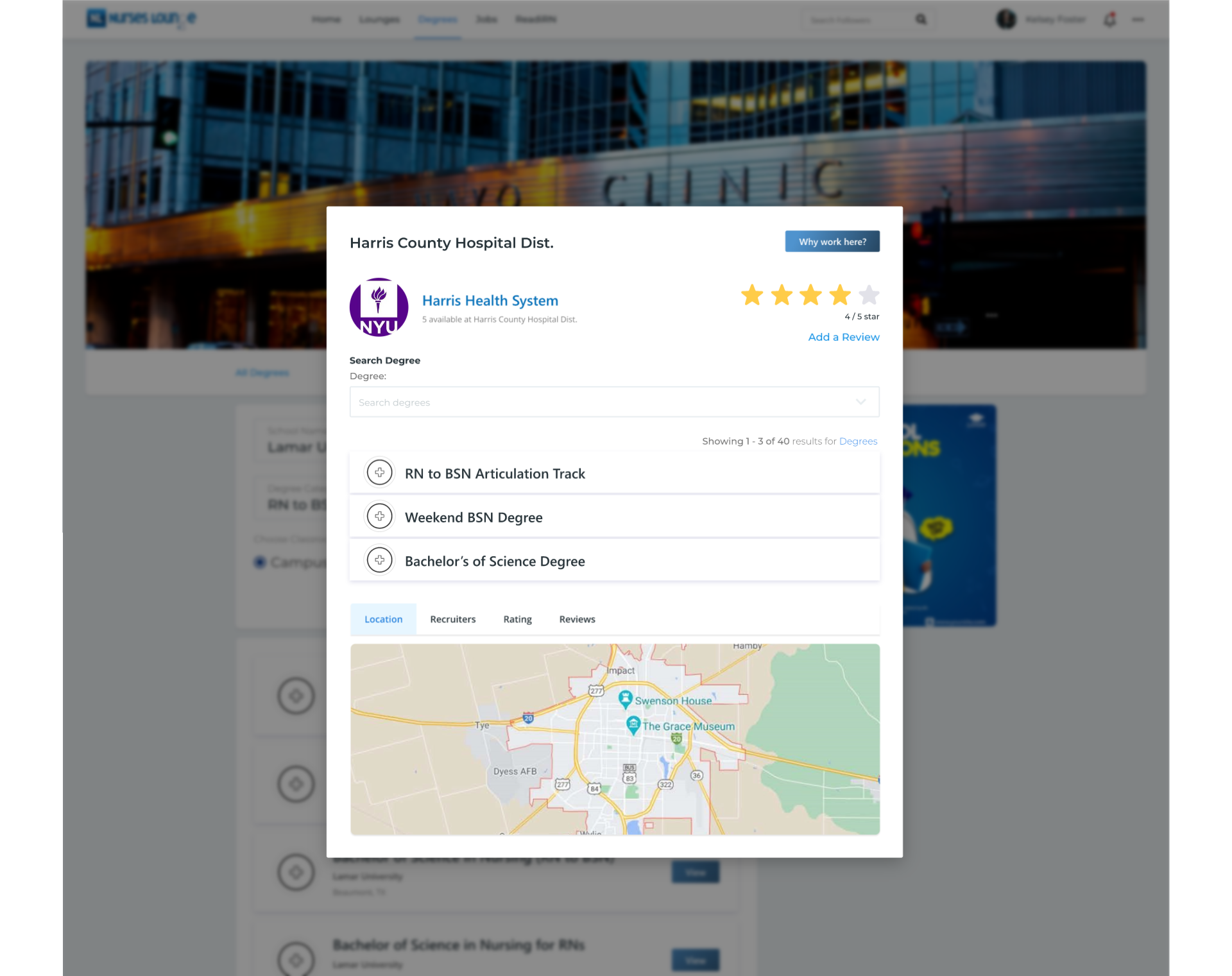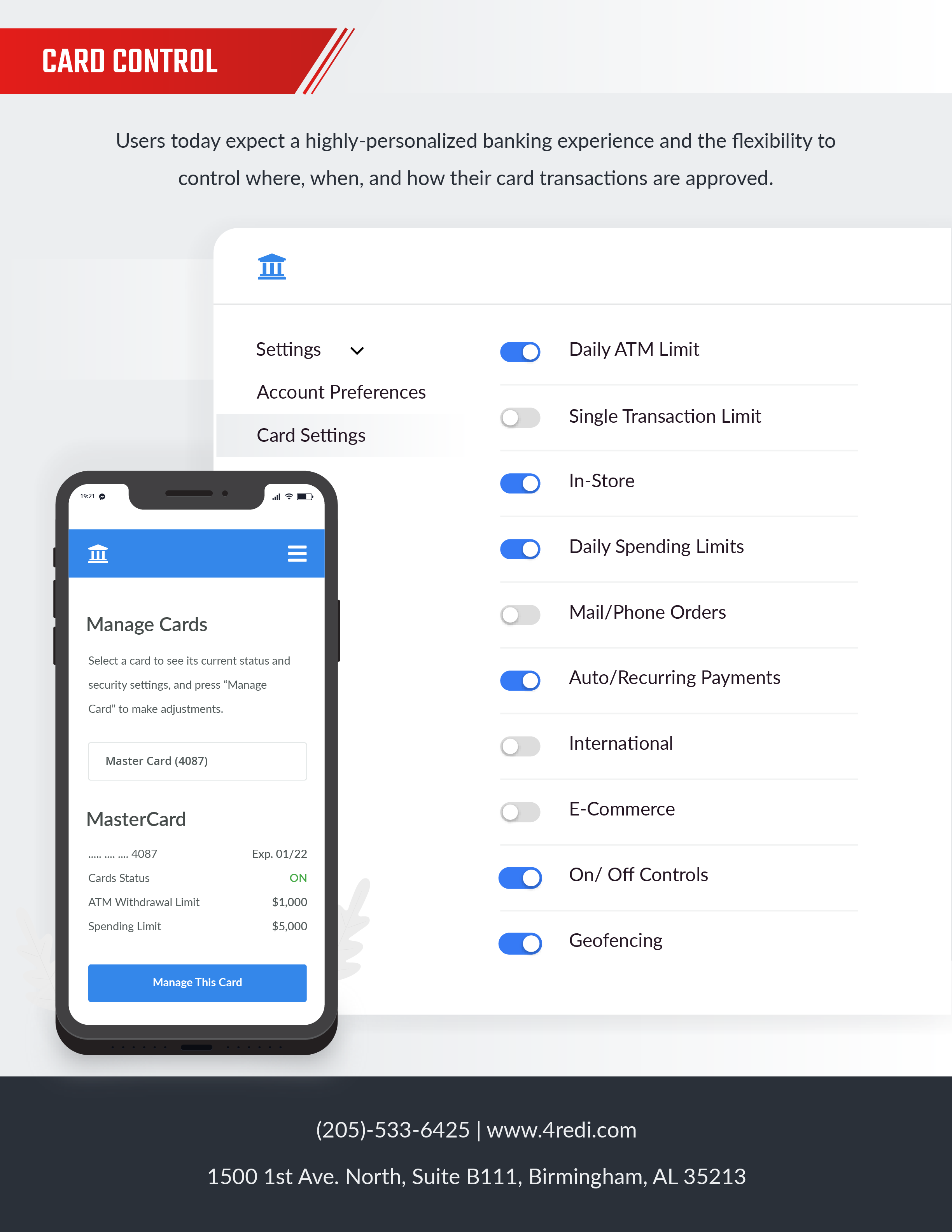Today’s businesses are choosing to outsource peripheral business functions more and more. This is because it widens the talent pool, streamlines processes, saves money, offers greater expertise, and allows better focus on core responsibilities. While there is ample reason to expand your team to include international professionals, doing so presents some unique challenges. Here are some guidelines for managing an international team.
Widespread Talent and Expertise
Before the digital age, everything was done in-house. This included a great deal of recruiting, and it limited the talent pool to surrounding areas and individuals willing to relocate. Now, to better streamline, businesses are shifting away from the high demands of a solely in-house team. One reason is that peripheral functions can be performed remotely by true experts in their field. Instead of assigning in-house team members to fulfill responsibilities for which they are minimally trained, business owners can promote greater focus on core functions. Additionally, instead of being limited to a local talent pool, the talent pool is expanded to include the entire world. This means that your business can grow globally with team members already in place on foreign soil.
Tools and Techniques for Managing a Remote Team
Although cultural and geographic distance is a challenge, it is easier than you may think to manage a remote team. This is because there are many tools at your disposal. Breaking down this task into major critical components makes it easier to discover available tools.
Communication
Collaboration is key, and team communication is paramount. There are many great conference platforms for holding successful remote meetings. Two common platforms are Zoom and Google Meet. While it might be tempting to turn off cameras for these meetings, face-to-face interactions generally foster a better sense of connection.
Project Management
With a remote team, it is easy for important communications and project assignments to get lost in the shuffle. With project management software, collaboration becomes more universal and accessible. There are many good project management platforms, such as Monday.com, Smartsheet, and HubSpot.
Bridge Gaps and Foster Community
It is easy for global team members to feel isolated. This is especially true where there are cultural differences. Work to build an inclusive company culture. Visual Communication Platforms can facilitate communication where there is a language barrier. One example of this is Powtoon, which produces visual content for your business.
Differences in Management Customs Across the World
It is important to understand the management customs specific to your employees’ nationalities. Here are some tips to seamlessly interact with your international team members.
Central America
Much of Central America is centered around family and personal relationships. It is imperative that you take the time to establish relationships of trust with remote workers based in Mexico and other Central American Countries. Recognize that an emphasis on relationships translates to long, social lunch breaks and a great deal of unrelated conversation during work meetings. Learning how to read non-verbal cues is important because the warm kindness of Central American culture can be falsely interpreted as an affirmative or commitment.
South America
South American work culture also values familial and personal relationships. Learn to be ok with a lack of punctuality. Because South Americans are warm and friendly, it is important to develop personal relationships with them. Get to know your employees as individuals. Ask them about their family and country. Additionally, you will make a better impression on South American individuals if you avoid dressing overly casual or frumpy for meetings. With a large, bilingual, and relatively young workforce, South American Countries such as Argentina and Peru are optimal places to recruit remote team members.
Europe
One European country to highlight is the United Kingdom. While there is a strong work ethic in the UK, there is also a social and relaxed work culture. It is common for team members to spend time with one another outside of work. Communication tends to be less formal than in other parts of the world, including with superiors. It is understood in the UK that offering constructive criticism is not meant to be offensive. You may also need to accustom yourself to a slightly cynical and sarcastic sense of humor when communicating with these employees.
The Middle East
In the Middle East, work culture tends to be warm, personal, and conservative. Begin conversations by asking about family and health. Finally, watch your non-verbal cues. Maintaining eye contact conveys honesty, shaking your head is communicating a lack of understanding, and loud speaking indicates passion or excitement. Many Middle Eastern professionals adopt a philosophy to work to exhaustion—every single weekday.
Asia
Asian countries such as India and Pakistan are common areas to recruit remote team members. Collaborative and competitive, Asian individuals are hard workers. It is important to know that workplaces here are hierarchal by both age and position. It is normal for Indian professionals to feel uncomfortable speaking frankly with their superiors. This means that critical conversations with your employees should be sensitive to how the criticism or feedback might be perceived. Encourage but don’t force a direct mode of communicating.
East Asia
One area of East Asia that is particularly suited to international outsourcing is the Philippines. The Philippines recognizes English as an official National language, there is a massive, young, highly qualified talent pool, proficiency in technology is high, and Filipinos are very familiar with Western culture. Filipinos are also hardworking and adaptable, commonly staying late or arriving early to work. You should strive to form close personal relationships with your Filipino employees and be willing to engage in small talk. Finally, it is difficult in Philippine society to say no. This means that you will need to pay extra attention to non-verbal cues and refrain from being overly pushy.
If you have yet to expand your team globally, it might be time to do so. There is no better time than now, and there are few initiatives that will grow and streamline your business like outsourcing internationally.





